The tabletop industry looks to be undergoing a seismic shift based on leaked documents showing that Wizards of the Coast intends to implement a more restricted Open Gaming License (OGL) agreement.
According to a recent Gizmodo report, Hasbro subsidiary Wizards of the Coast is poised to revoke its longstanding OGL, which allows for third-party publishers and fans to create D&D content using their game rules. For over 20 years, this license has empowered countless creators to make and distribute their own D&D content using tools like Kickstarter, and has allowed large publishers like Paizo, creators of Pathfinder, to become titans of the tabletop space in their own right.
Reportedly, the new license, called OGL 1.1, makes numerous revisions to the D&D policy, including adding a requirement that all creators register any products they’re selling with Wizards of the Coast. The new agreement also introduces a new 20-25% royalty to be paid to Wizards by license-users making an excess of $750,000 in a year while giving Wizards a “non-exclusive, perpetual, irrevocable, worldwide, sub-licensable, royalty-free license” to use content created using OGL for any purpose. The new agreement would force all creators to adopt OGL 1.1 despite the current version’s explicit language that a move like that could never be forced upon creators.
Wizards of the Coast responds: “The OGL is not going away”
After rumors regarding these changes began appearing online last month, Wizards of the Coast responded to online backlash from fans by issuing a statement on their D&D forum.
“The OGL is not going away,” Wizards of the Coast wrote. “You will still be able to create new D&D content, publish it anywhere, and game with your friends and followers in all the ways that make this game and community so great. The thousands of creators publishing across Kickstarter, DMsGuild, and more are a critical part of the D&D experience, and we will continue to support and encourage them to do that through One D&D and beyond.”
But the leaked draft of OGL 1.1 seems to tell a very different story – one aimed at obstructing competitors like Green Ronin Games, which sells numerous products that utilize OGL.
If I publish under the OGL 1.1, by the letter of the agreement, WotC could republish all my writing at their discretion. It’s not right.
In OGL 1.1, Wizards states “the Open Game License was always intended to allow the community to help grow D&D and expand it creatively. It wasn’t intended to subsidize major competitors, especially now that PDF is by far the most common form of distribution.” With D&D alternatives like Pathfinder enjoying enormous popularity in recent years, Wizards is increasingly interested in reigning in the OGL.
The changes to WOTC’s OGL come amid increased pressure to increase revenue from parent company Hasbro. Just last month, CEO Cynthia Williams described D&D as being “really under monetized” during a digital event with investors, and expressed an interest in unlocking “the type of recurring spending you see in digital games.” These statements came immediately following a dip in Hasbro stock after analysts criticized their handling of Magic: The Gathering.
The leaked document gained additional credibility when Kickstarter Director of Games Jon Ritter, tweeted, “Kickstarter was contacted after WoTC decided to make OGL changes, so we felt the best move was to advocate for creators, which we did. Managed to get lower % plus more being discussed. No hidden benefits / no financial kickbacks for KS. This is their license, not ours, obviously.”
The lower percentage Ritter refers to is the perplexing 5% reduction in royalty payments offered to projects funded through the crowdsourcing platform, all but confirming the rumored OGL 1.1 changes.
Reached for comment by IGN, Wizards of the Coast declined to comment further and pointed toward its statement on D&D Beyond.
“It’s not right”
Now, with details of the draft of OGL 1.1 out in the open, fans and creators alike are sounding the alarm. Pat Mooney, the Lead Designer at Flagbearer Games told IGN, “The most painful part of the new OGL is the clause that gives WotC the right to use any of my content, in perpetuity, royalty-free. I’m planning to Kickstart a sourcebook on the American Revolution in the spring.”
He went on to write, “More than half of my book will be “fluff,” or worldbuilding, history, and other narrative content that has nothing to do with rolling a die. Yet if I publish under the OGL 1.1, by the letter of the agreement, WotC could republish all my writing at their discretion. It’s not right.”
Nerd Immersion, a YouTuber and creator of D&D content through use of OGL, told IGN, “If this continues I could see a rise in popularity of other non-D&D and non-OGL RPGs. I also wouldn’t be surprised if several of the creators who are frustrated by these changes end up designing a new, replacement RPG system…similar to how 4e and the Game System License lead to the creation of Pathfinder using the original OGL.”
Some publishers, like publisher MCDM which makes supplements for D&D, remain optimistic, saying to fans via Twitter, “Regarding the OGL 1.1, MCDM has taken advice from counsel and we don’t think it affects the development of Flee, Mortals! If/when other products are affected, we’ll let the community know.”
Tyler A. Thompson, an attorney who represents games publishers Sad Fishe Games and Prudence Holdings (both of which rely on OGL), wrote in a letter to Wizards that “creators are not going to be bullied,” and that if Wizards would not clarify the planned changes in OGL 1.1, his clients “will be forced to begin preparation for litigation to the fullest extent allowable by law, including to contact major and minor publishers to join in a potential claim against Wizards for anticipatory breach and other claims.”
Time will tell if the leaked draft of OGL 1.1 will see the light of day, as Wizards is apparently “open to being convinced we made a wrong decision.” After all, it wouldn’t be D&D without a DM asking “Are you sure?” before making a choice that completely upends the game.
Travis Northup is a writer for IGN. You can follow him on Twitter @TieGuyTravis and read his games coverage here.

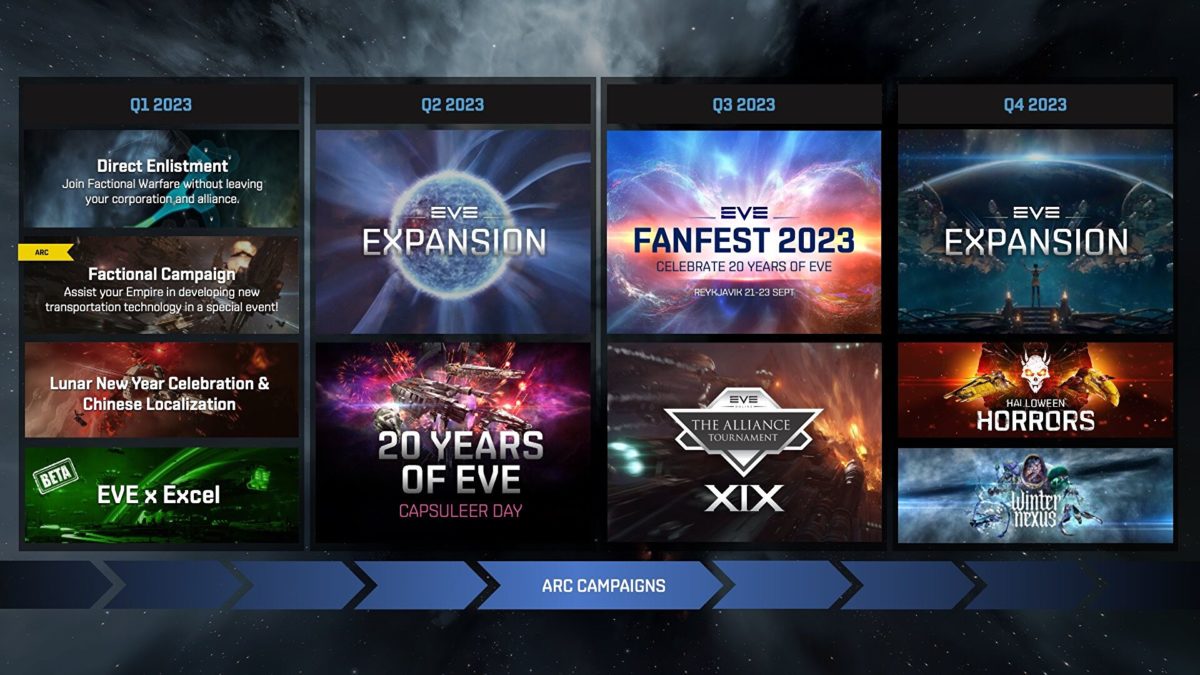
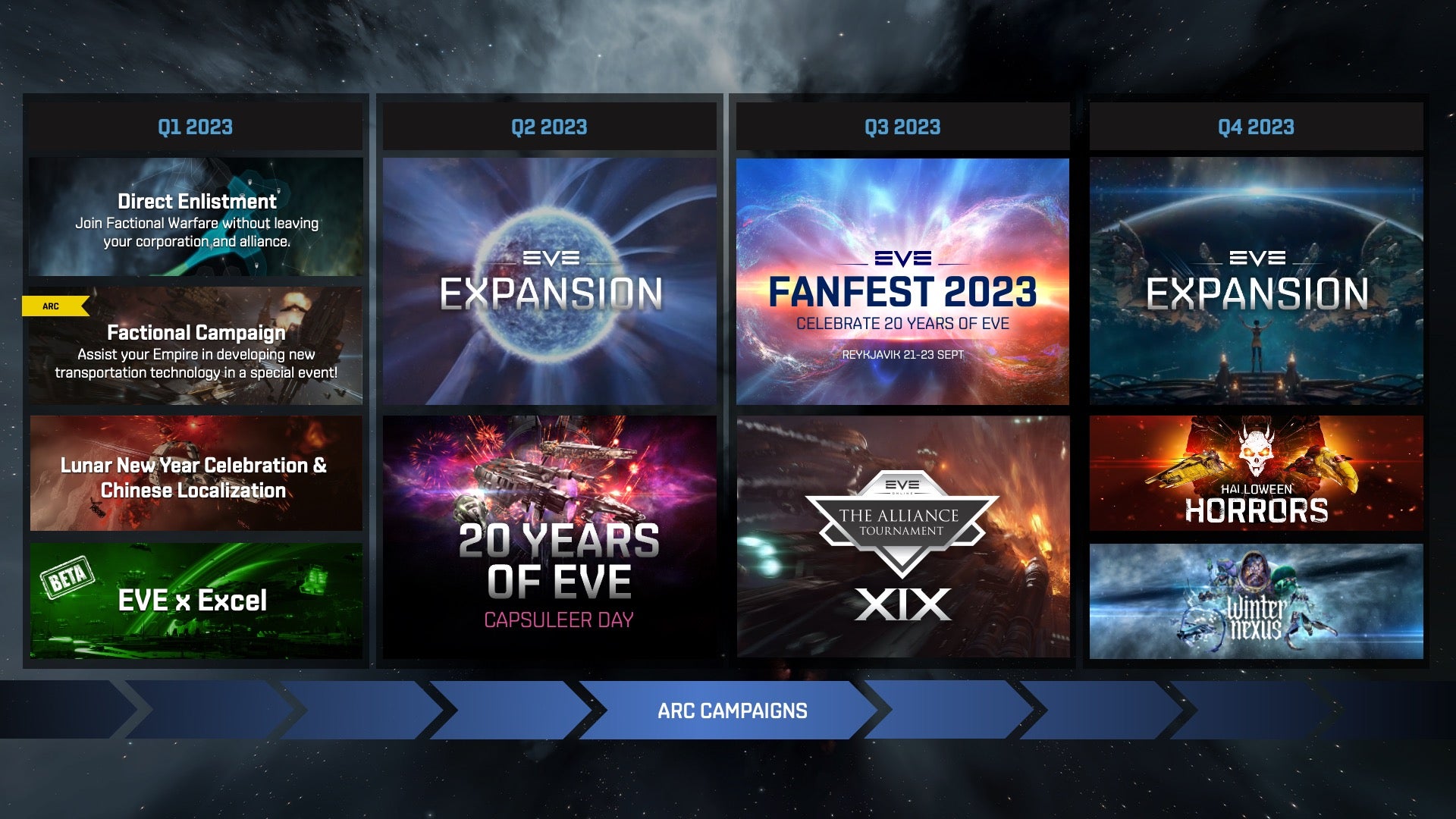 EVE Online is doing later this year though, when developers CCP release their own Microsoft Excel plug-in.
EVE Online is doing later this year though, when developers CCP release their own Microsoft Excel plug-in.
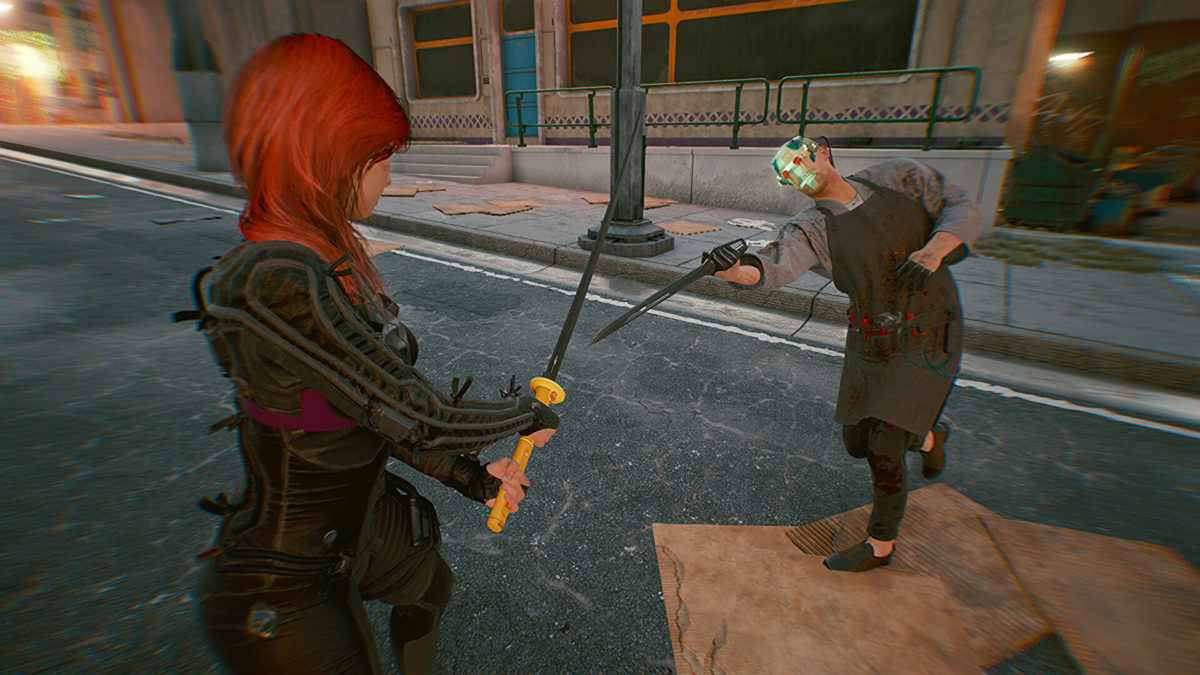
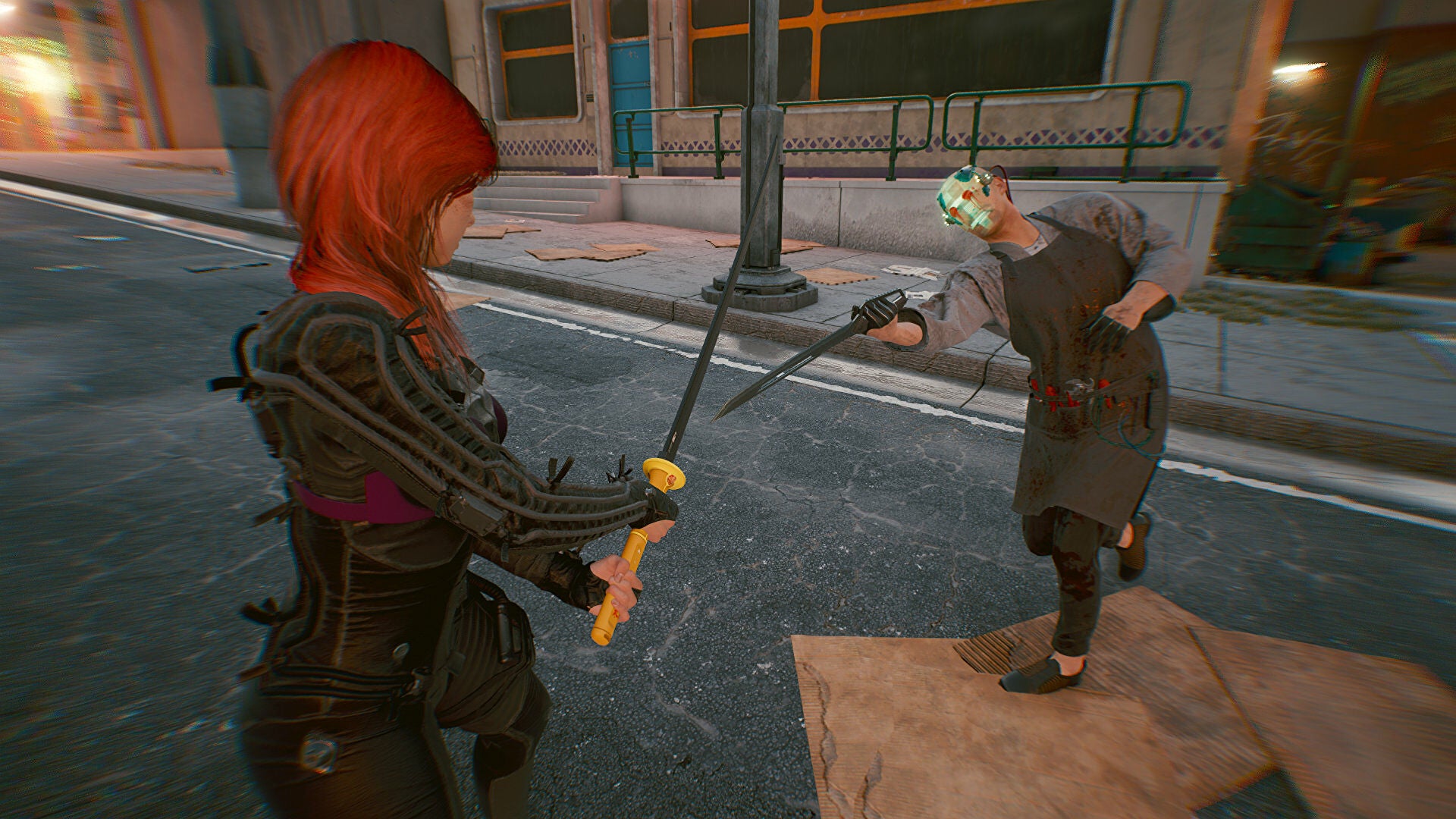 Cyberpunk 2077 launched in a sorry state, prompting rending of garments by gamers and a class action lawsuit from CD Projekt Red investors. That suit alleged that CDPR had “made materially false or misleading statements” regarding the game, particularly as related to the condition of its console release, and sought damages.
Cyberpunk 2077 launched in a sorry state, prompting rending of garments by gamers and a class action lawsuit from CD Projekt Red investors. That suit alleged that CDPR had “made materially false or misleading statements” regarding the game, particularly as related to the condition of its console release, and sought damages.
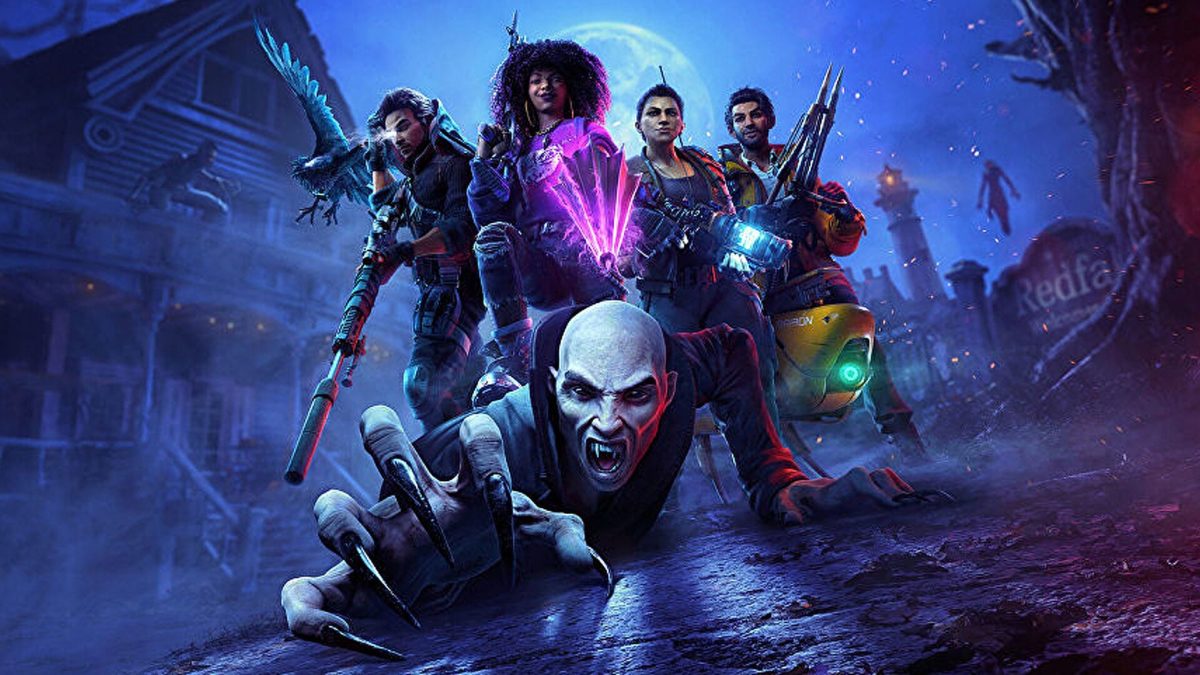
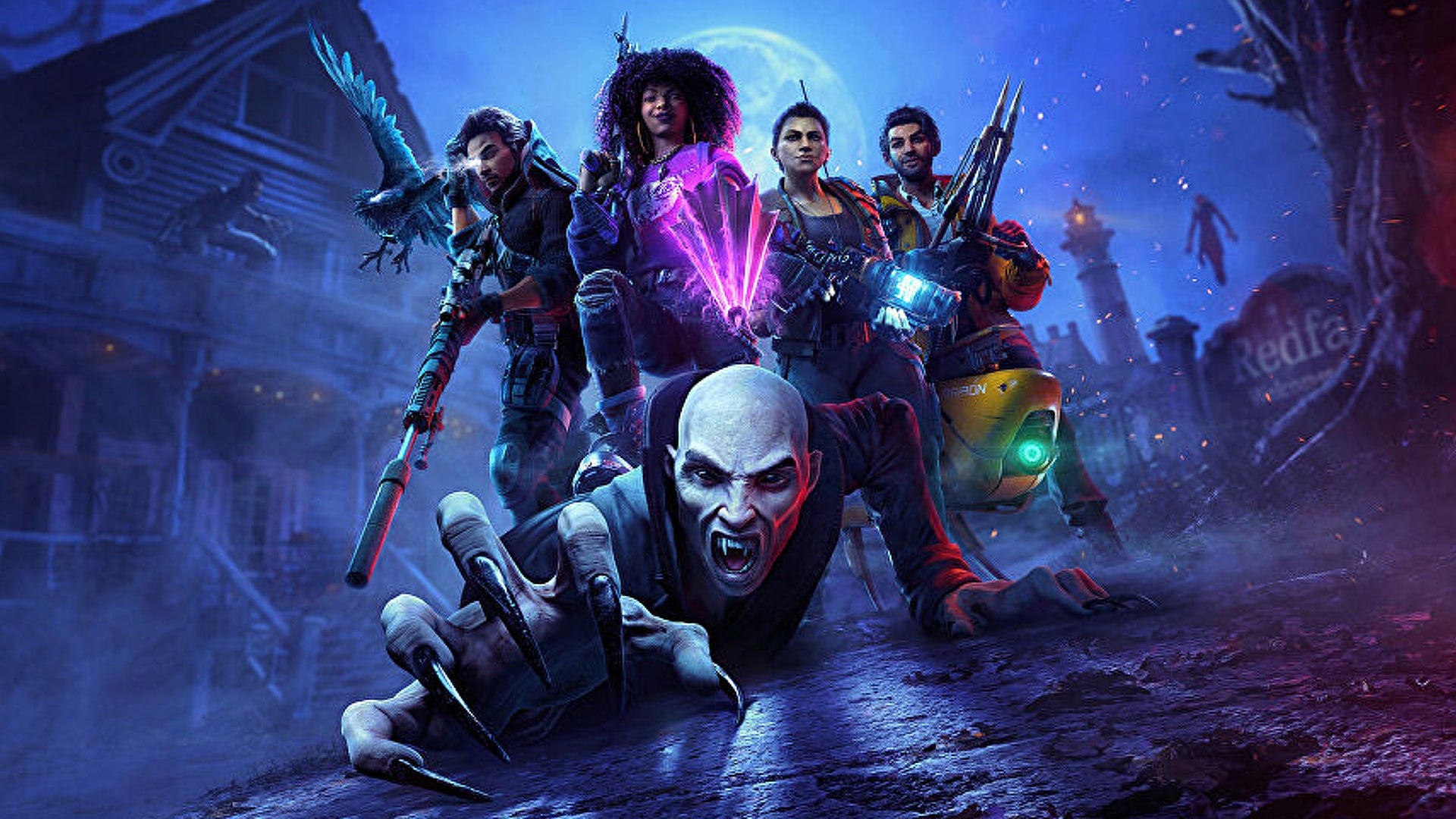 Redfall, a co-op vampire slayer we immediately termed “Left 4 Red”. It was one of several games seemingly aiming to follow in Left 4 Dead’s swarming zombie footsteps –
Redfall, a co-op vampire slayer we immediately termed “Left 4 Red”. It was one of several games seemingly aiming to follow in Left 4 Dead’s swarming zombie footsteps –